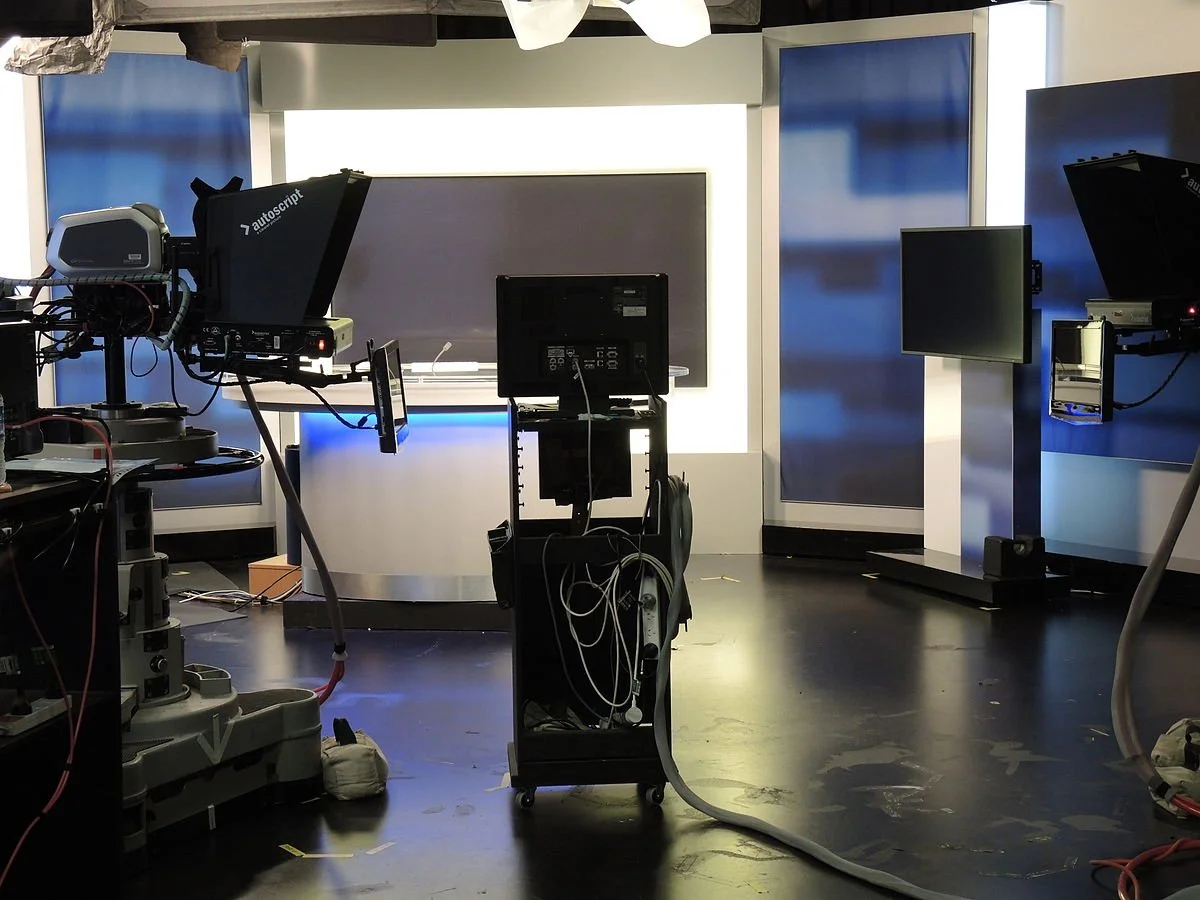Haiti in Crisis: What is Going On?
Haiti has recently plunged further into crisis, an accumulation of political instability, gang violence, and famine. According to a UNICEF report, a rise in armed violence in Haiti’s capital Port-au-Prince has displaced thousands of families, and the threat of violence has loomed over the city. This report estimates that nearly 200,000 people are now displaced —with half of that number being children alone. However, the numbers are not truly reflective as the insecurity persists, placing this estimate likely under the true value.
Of some 200 gangs active in Haiti, over half of them are based in Haiti’s capital. The two main gang alliances are between Fanmi e Alye and the G9. These various gangs are extremely powerful, having control over half of Port-au-Prince as well as a continued strong presence beyond the city’s borders. The gangs are mainly comprised of impoverished young men, and they dictate daily life in Haiti. The gangs often limit access to transportation across rival territories, work, medical aid, and school, and they are increasingly involved in violence, sieges, and extortion. Last year, 1,200 kidnappings were reported, but the true number is likely higher. Murders have also risen in numbers; between just January and August last year, there were 1,349 killings with an additional 280 in only November of the same year. Drug trafficking and sexual violence by these gangs have also been reported in earnest.
But these gangs have not come to power simply out of the blue. After the assassination of President Jovenel Moïse in July 2021, Haiti has been in a power vacuum. Moïse chose Ariel Henry as his successor just two days before his death and ever since, Henry has been de facto leader, but there has been a crisis of legitimacy surrounding his presidency. Haiti’s government has struggled with corruption, and since the 1980s, all prior administrations have tolerated and manipulated the gangs to some extent for their purposes. This political instability has helped to fuel the prominence of these gangs. In September 2022, the G9 gang who is opposed to Henry, sieged Haiti’s main fuel terminal and key highways, restricting basic resources from being distributed as well as having other economic and humanitarian consequences. Fortunately, the Haitian National Police (PNH) retook the terminal in November, but amidst rumours of negotiations between the G9 and the government.
Nonetheless, the PNH alone is underequipped to handle the dire situation at hand. It is short staffed, underpaid, and permeated by the gangs. Many of these police officers live in places under gang control—placing them in a dangerous situation if they oppose them. Additionally, many PNH officers have also been engaging in corruption, using their position to collect revenue or status from the gangs, all of which has created Haiti to fall deeper into crisis.
This violence has also exacerbated food insecurity in Haiti. Last October, the World Food Programme reported that nearly 50% of Haiti’s population is facing ‘acute hunger.’ A record number of 4.7 million are pacing a hunger level of IPC 3 or above—categorized as acute hunger. Of those 4.7 million, 1.8 million are in ‘emergency’ phase (IPC 4) and 19,000 in ‘catastrophe’ phase (IPC 5). To add to everything, Haiti has also been plagued with rising numbers of cholera, high prices and shortages of fuel, and large amounts of inflation. When the severity of the situation was discovered, the World Food Program sought $105 million (approximately £86.4 million) for six months and the Food and Agriculture Organization sought $33 million (approximately £27.1 million).
As a grave humanitarian crisis, there has been limited international response and limited coverage of the issue in the mainstream media. Haiti’s de facto leader, Ariel Henry, called on the international community last October to aid Haiti and set up a ‘specialized armed force’ to curb and stop the ongoing violence. This move has the backing of the U.S. and the United Nations, but with some backlash from civil society individuals and organizations who oppose international intervention, which has had negative effects on Haiti historically. Kenya has risen to the occasion and has declared their willingness in leading this multinational force with 1,000 police officers and other Caribbean nations such as the Bahamas, Jamaica, Barbuda, and Jamaica have also promised additional personnel. While not pledging personnel, the U.S. has allegedly granted to give $100 million for logistical assistance—including aspects of intelligence, medical aid, etc. As of earlier this month, the United Nations Security Council has now voted to approve this security mission to help Haiti fight the armed gangs utilizing the Multinational Security Support (MSS) that is backed (but not operated) by the UN.
Currently, Haiti is deeply entrenched in humanitarian crisis with a complicated way forward. The question of the extent of international intervention is still largely up in the air with mixed opinion in the international community. Critics also believe that international troops could only escalate violence and it would be hard to find a balance between restoring security and becoming an occupation. The problems for Haiti only seem to become exacerbated with time, and effective and efficient action is needed.
Image courtesy of the UN Development Programme via Flickr, ©2010. Some rights reserved.
The views and opinions expressed in this article are those of the author and do not necessarily reflect those of the wider St. Andrews Foreign Affairs Review team.



